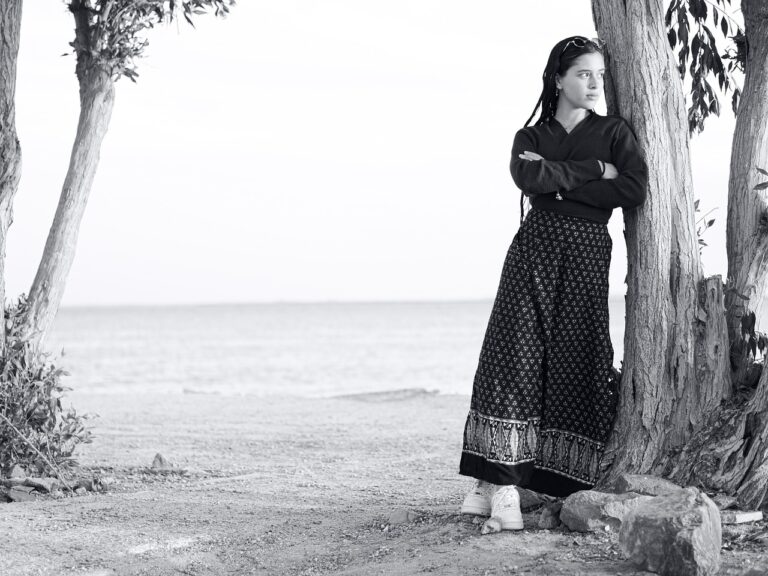Fashion and Religion: How Cultural Beliefs Influence Clothing Choices: Sky exch, World 777 com login, Gold bet
sky exch, world 777 com login, gold bet: Fashion and Religion: How Cultural Beliefs Influence Clothing Choices
Fashion has always been a powerful form of self-expression. From the runway to the streets, clothing plays a significant role in how we present ourselves to the world. But what many people may not realize is that our fashion choices are often influenced by our cultural beliefs, including religion.
Religion has long been a driving force behind the way people dress. Whether it’s a traditional Indian sari, a modest Muslim hijab, or a Jewish yarmulke, religious beliefs can dictate what is deemed appropriate or inappropriate to wear. These guidelines are often rooted in centuries-old traditions and teachings that promote modesty, humility, and respect for God.
In many cultures, clothing is seen as a form of worship and a way to show reverence for a higher power. For example, in Hinduism, the color and style of a person’s clothing can signify their devotion to a specific deity. In Islam, modesty in dress is considered a reflection of one’s faith and commitment to God. In Christianity, certain religious ceremonies require specific attire to participate fully in the worship experience.
But beyond just religious ceremonies, clothing choices can also reflect broader cultural values and norms. For example, in some Asian cultures, wearing traditional clothing like a kimono or hanbok is a way to honor the past and preserve cultural heritage. In African cultures, clothing can convey social status, tribe affiliation, and even spiritual beliefs.
In recent years, there has been a growing movement towards fashion that celebrates diversity and inclusivity. Designers and brands are increasingly incorporating cultural and religious influences into their collections, showcasing the beauty and richness of different traditions. This not only helps to break down stereotypes and promote understanding but also empowers individuals to express their identities authentically.
However, it’s essential to approach cultural and religious fashion with sensitivity and respect. Appropriating someone else’s culture or religion for the sake of a trend can be offensive and disrespectful. Instead, we should strive to learn about and appreciate the significance behind different clothing traditions, recognizing that what may be just a piece of fabric to one person can hold deep spiritual meaning for another.
In conclusion, fashion and religion are intricately intertwined, shaping the way we dress and present ourselves to the world. By understanding and celebrating the diverse cultural and religious beliefs that influence clothing choices, we can foster greater connection and empathy among people from all walks of life. As the saying goes, clothes may make the man, but they also tell a story about our shared humanity.
FAQs:
Q: How does religion influence fashion?
A: Religion can influence fashion through teachings on modesty, humility, and respect for God. It can also dictate specific clothing requirements for religious ceremonies and rituals.
Q: Is it offensive to wear clothing from a different culture or religion?
A: It can be offensive to wear clothing from a different culture or religion without understanding or respecting its significance. It’s essential to approach cultural and religious fashion with sensitivity and respect.
Q: How can we celebrate diversity in fashion?
A: We can celebrate diversity in fashion by learning about and appreciating different cultural and religious clothing traditions, supporting designers and brands that incorporate diverse influences into their collections, and promoting inclusivity and representation in the fashion industry.





